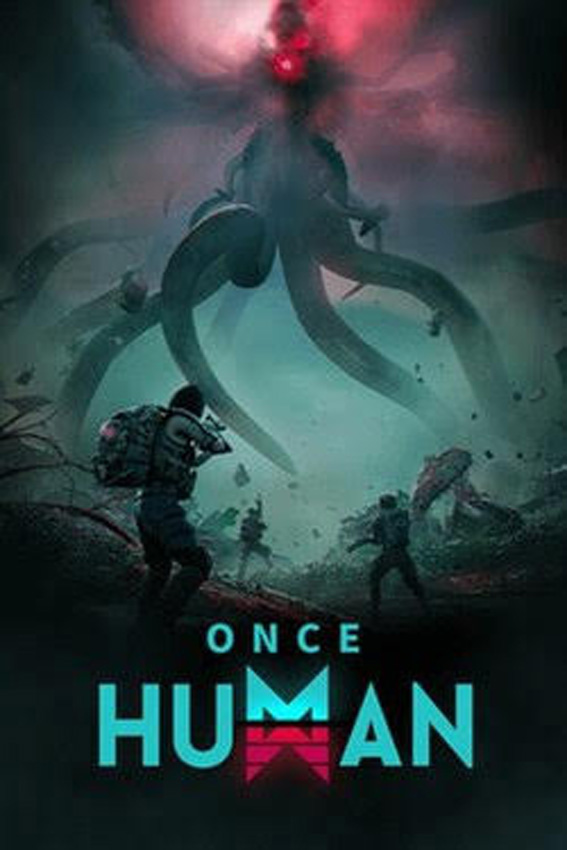Often in history classes, there is a feeling that although humanity has done horrible things in the past, the world is more civilized now. In America especially, it is easy to assume that others enjoy the same standards of security and stability that we do. This could not be more false.
Lucia Mann’s novel, Africa’s Unfinished Symphony, set in Africa from the 1970s to the present, still served to remind me that the safety enjoyed by Americans is not universal.
The book follows the life of Farida, a Kenyan girl born into the Aweer tribe. Her Muslim father, who wants a son, treats her horribly. Her mother, who follows a tribal god, treats her more kindly. Regrettably, she does not have the influence to prevent a barbaric tribal coming-of-age ritual that leaves Farida scarred and distraught.
Farida does not have much time to recover from this traumatic incident, however, because a rival tribe soon comes and slaughters everyone in her village, burning it to the ground. She alone survives, rescued by an Anglican minister and left to be cared for at a nearby Carmelite convent. She grow up there, and becomes a nun because it is expected of her, changing her name to Sister Bertha.
However, after suffering still more traumatic events, Bertha sees a ghost of a dead girl, which leads her to forget the Catholic tradition that she adopted and return to her tribal beliefs. The remainder of the story addresses her transition, its effects and Farida’s attempts to deal with her turbulent past.
Brutality is presented in various forms throughout this novel, showing the racial, religious and cultural tensions that still exist in Africa today. Because of this, the novel, though fictional, serves as a sort of expose of many violent and unconscionable customs in Africa, since these events do have a basis in reality. Africa’s Unfinished Symphony served as a good reminder to me that not everyone lives as Americans do.
My review has presented the story in a linear fashion, but in the book, the story jumps from one point to another frequently. While this adds a refreshing storybook feel, I felt that it occasionally obscured parts of the plot, which left me with mixed feelings about this plot element. Also, several chapters were devoted to characters other than Farida, which confused parts of the storyline.
However, the story is fairly compelling, showing violence and humanity along with courage and compassion. Although word choices occasionally puzzled me (the use of “until the cows come home” in the first chapter was particularly incongruous), Africa’s Unfinished Symphony still provided a cultural experience; just being exposed to ideas that were foreign to me as an American helped broaden my perspective a little.
Africa’s Unfinished Symphony runs just under 200 pages and is available on Amazon. Lucia Mann has also written two other books addressing racism and slavery.
This author can be reached via Twitter: @m00re_is_better. Follow The Feather via Twitter: @thefeather.
For more reviews, read the Sept. 26 article, ‘The Shining’ exploits human fears, reality.






